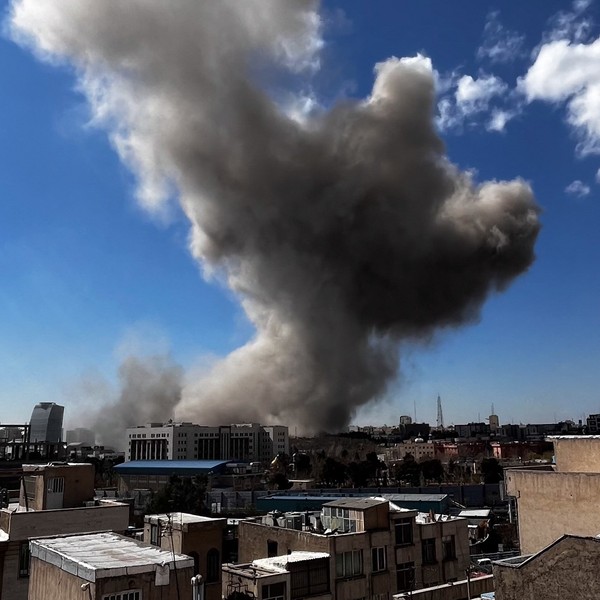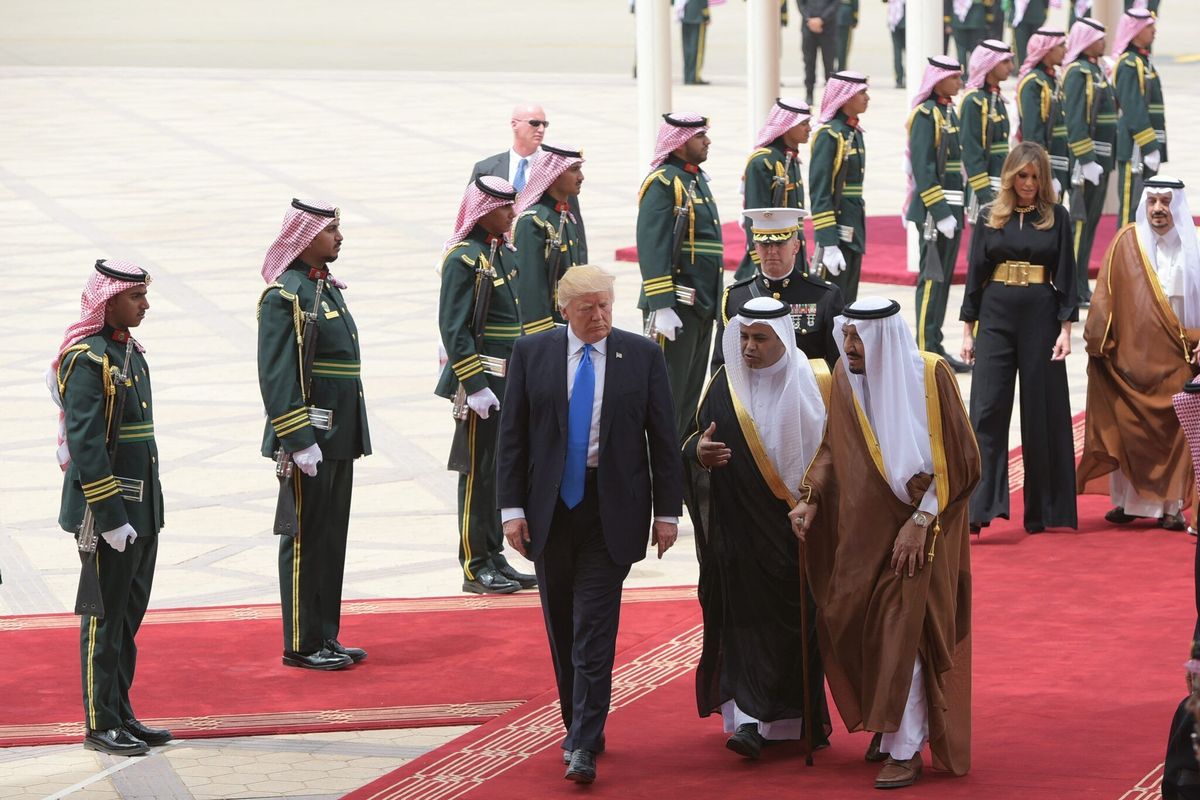OPINION - I am still not sanguine about the wisdom of putting a former al-Qaeda terrorist in charge of Damascus, but as my Syrian expat friends say, “Assad was much worse, and we want to go home.” They’re referring, of course, to the Syrian dictator Bashar al-Assad, who – together his father before him – ruled the country for more than half a century. For Syrians who have lived in exile and as refugees since the civil war that began in 2011, the new ruler’s affiliation with al-Qaeda is all relative.
I believe Washington’s 120-day approach that sets specific conditions for lifting sanctions against Syria could prove to be a winning strategy for three reasons.
First, it puts the new leader, Ahmed al-Sharaa, and the rebel group he led, Hayat Tahrir al-Sham (HTS) on notice that U.S. oversight mechanisms are in place and that Washington will quickly snap sanctions back in place if Syrian behaviors are not consistent with U.S. interests. The U.S. conditions for HTS include integrating and taking care of ethnic and religious minority populations in Syria; ensuring that all ISIS prisoners and ISIS-related refugees remain under appropriate control and custody in Northeast Syria; dismantling PKK [the Kurdistan Workers’ Party] camps in Syria; and hunting down and destroying all forms of chemical weapons that Assad, Iran, and Russia hid in the country. Of note, Washington's conditions closely match those put forward by Turkey. The 2025 Road to Damascus means that Washington and Ankara are finally on the same page, after far too many years of disagreements among NATO’s two most powerful allies.
The intersection of technology, defense, space and intelligence is critical to future U.S. national security. Join The Cipher Brief on June 5th and 6th in Austin, Texas for the NatSecEDGE conference. Find out how to get an invitation to this invite-only event at natsecedge.com
Second, millions of Syrians want to return to their homes, but in all too many cases, Assad, Russia, and Iran destroyed their homes and business. I have watched the Turks rebuild after devastating earthquakes. I believe no one in the region can help Syria rebuild faster than the people of Turkey. Washington's 120-day sanctions-relief shot clock will give Turkish construction companies a much-needed infusion of money for reconstruction teams to quickly deploy to Syria - especially to war-torn Aleppo, Homs, and to regions hit hard by the 2023 earthquake. If done well, this 2025 edition of the Road to Damascus has the potential to bring peace and prosperity not only to Syria, but to Israel, Lebanon, and Iraq.
Finally, there are implications of the new U.S. policy toward Syria that may impact other parts of the world. The paths to peace in Ukraine and to the throttling of Iran’s nuclear ambitions quickly shifted after Assad’s ouster, when Russia and Iran withdrew from Syria in December 2024. Syria, Turkey, the Gulf States, and the Black Sea Region would welcome public messaging that reinforces American strength and commitment during the 120-day sanctions-lifting shot clock. Key audiences might be receptive to audiences showcasing that the Russian-Iranian alliance that ravaged Syrian civilians ended in defeat; that the Russian-Iranian alliance that has waged an unprovoked war against Ukraine has turned the world against them and gotten them nowhere; and that the Russian-Iranian alliance that has repeatedly attacked the U.S. and our allies via Hezbollah, Hamas, Khatib Hezbollah, and the Houthis has utterly destroyed Lebanon, Gaza, Iraq, and Yemen. Russia and Iran dug their heels into the Road to Damascus in 2015 and they failed. And now, in a great twist of fate, the new roads to peace from the Black Sea to the Persian Gulf may run through Damascus as well.
The Cipher Brief is committed to publishing a range of perspectives on national security issues submitted by deeply experienced national security professionals. Opinions expressed are those of the author and do not represent the views or opinions of The Cipher Brief.
Have a perspective to share based on your experience in the national security field? Send it to Editor@thecipherbrief.com for publication consideration.
Read more expert-driven national security insights, perspective and analysis in The Cipher Brief















